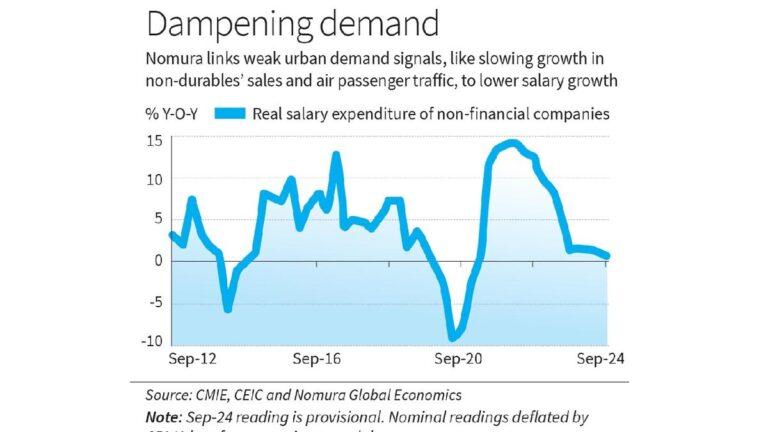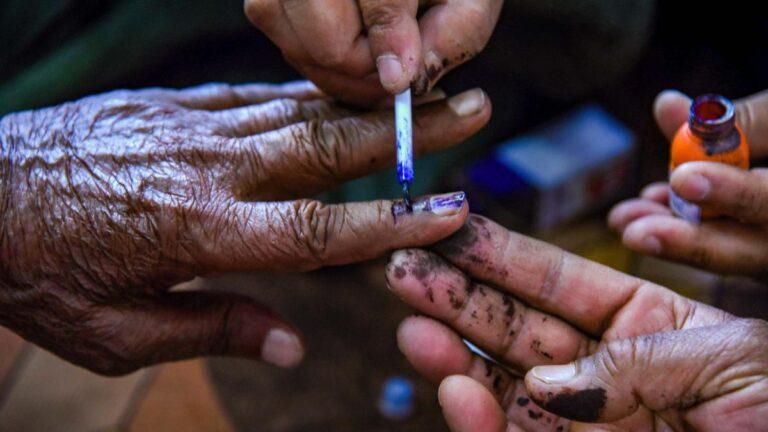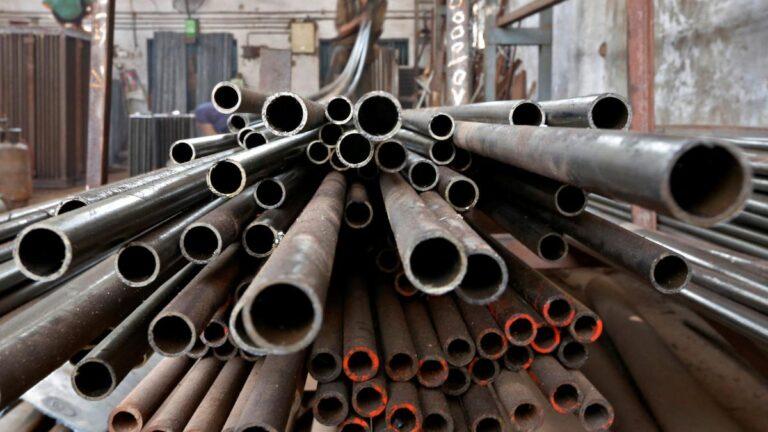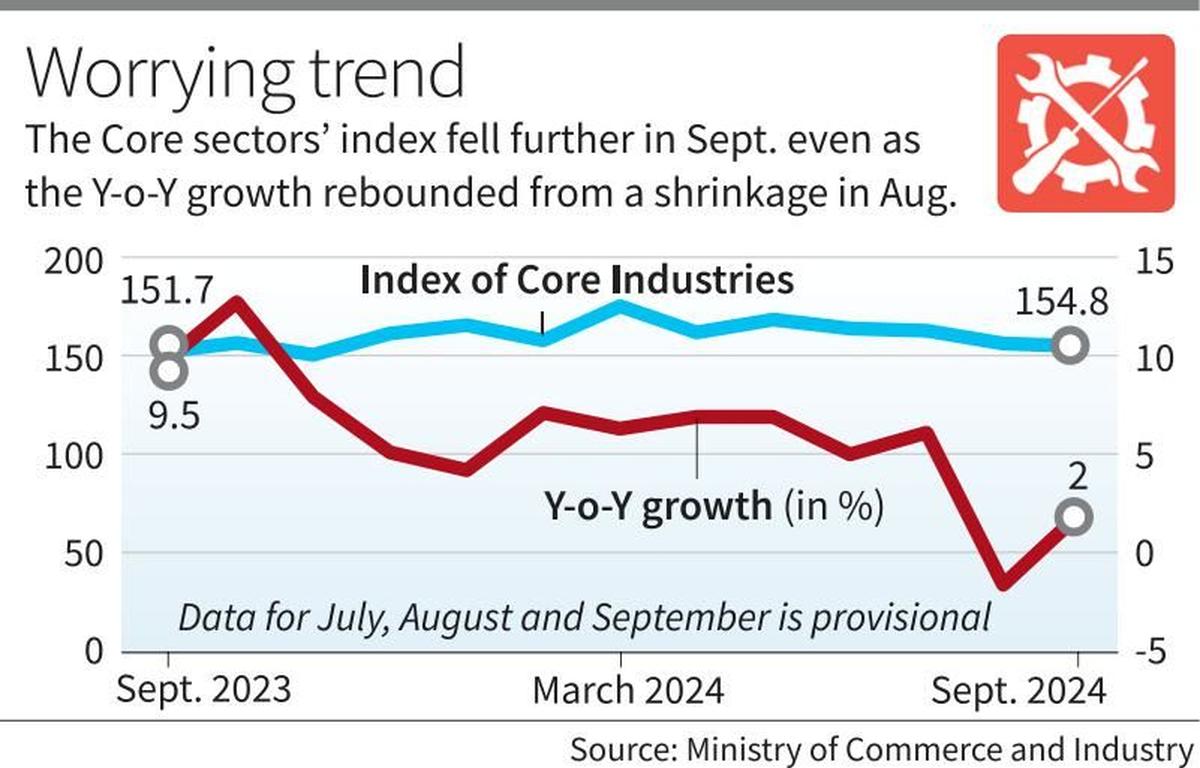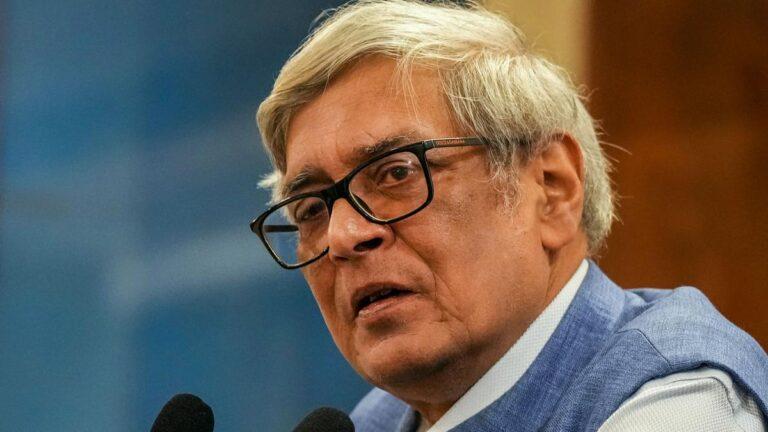As world leaders and climate negotiators converge on Baku for COP29, beginning Monday (November 11, 2024), India is set to bring renewed focus to the urgent need for climate finance, accountability, and protection for vulnerable communities.
Prime Minister Narendra Modi will not attend the conference, and Environment Minister Bhupender Yadav may also be absent, with Union Minister of State for Environment, Forest, and Climate Change Kirti Vardhan Singh leading the 19-member delegation instead.
India’s national statement is scheduled for November 18-19.
India’s key priorities at the conference are likely to focus on ensuring accountability of developed nations on climate finance, strengthening resilience for vulnerable communities, and achieving an equitable energy transition, experts anticipate.
Dr. Arunabha Ghosh, CEO of the Council on Energy, Environment and Water (CEEW), emphasised that COP29 must go beyond promises, pushing developed nations to accelerate their paths to net zero and meet their financial commitments.
“The climate COPs are about raising ambition, enabling action, and, most importantly, holding everyone accountable. While COP28 resulted in many promises, it let developed countries off the hook. COP29 must be about accountability,” said Dr. Ghosh.
“The largest historical emitters must move faster and raise their ambition. Climate finance should be consistent, convenient, catalytic, and credible, and COP29 must ensure it delivers real resources and capacity to protect the most vulnerable,” he said.
This year’s negotiations are anticipated to tackle the New Collective Quantified Goal (NCQG) for climate finance, a critical benchmark that could reach trillions of dollars annually, a figure many developing nations insist is essential to combat climate change effectively.
Ali Mohamed, Kenya’s Climate Change Envoy, reinforced the urgency for a “Finance COP” that prioritises financing without deepening debt burdens for nations already struggling to adapt to climate impacts.
“For Africa, it is important that the final goal agreed in Baku should not worsen our debt situation,” Mr. Mohamed said. “The Framework on Global Climate Resilience needs to translate into real actions that support agriculture, water, health, biodiversity, infrastructure, and human settlements.”
Dr. Frances Colan, Senior Director for International Climate Policy at the Center for American Progress, highlighted the conference’s importance following the re-election of Donald Trump in the U.S., who is anticipated to adopt policies favouring oil and gas expansion.
In a departure from past conferences, India will not host a pavilion at COP29.
This absence also comes as India balances its role as a developing nation with rising energy demands and a focus on economic growth, particularly as the world looks to emerging economies for leadership in reducing emissions.
The release of the Global Carbon Budget on November 13 will provide a detailed assessment of current emission trends and the global trajectory toward meeting the Paris Agreement targets.
Linda Kalcher, Executive Director of Strategic Perspectives, underscored that the EU must step up its efforts in response to shifting U.S. climate policies.
“The EU is one of the most reliable partners on climate finance for developing countries, but it cannot hide from the moment,” Ms. Kalcher noted.
Li Shuo, Director of China Climate Hub at the Asia Society Policy Institute, described COP29 as a test of multilateralism.
“I’m not worried about whether multilateralism will prevail. I know it will,” said Li Shuo. “But in light of the U.S. election outcome, China and the EU will have to take a leadership role. Financial commitments and action on loss and damage are critical to keeping the global economy afloat.”
India’s approach at COP29, while moderate in terms of attendance and scale, is grounded in a commitment to pragmatic climate action, focusing on accountability, fair financing, and incremental goals for its developing economy.
India’s COP29 strategy is expected to challenge developed nations on the gaps in fulfilling climate pledges and drive conversations toward more transparent, reliable climate finance.
Published – November 10, 2024 01:01 pm IST
